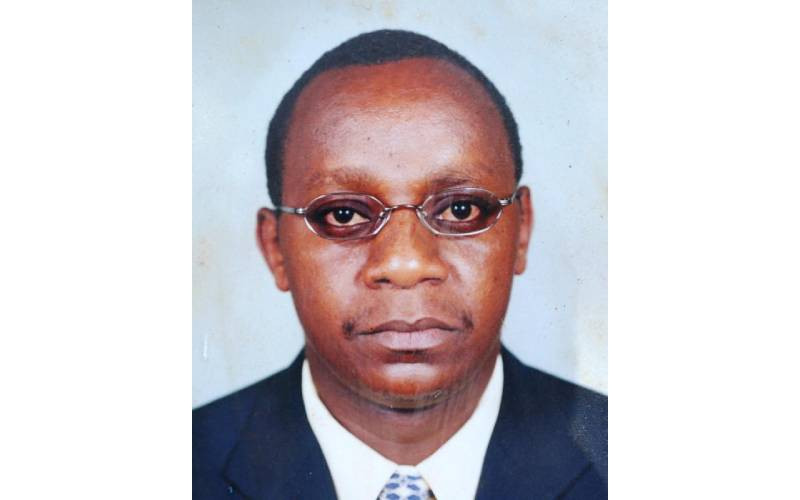×
The Standard e-Paper
Home To Bold Columnists

The brother of slain journalist William Munuhe has broken silence after the International Criminal Court (ICC) declined to handle the freelancer's murder case.
Munuhe was murdered on January 14, 2003, the day he was to help the US Federal Bureau of Investigations (FBI) arrest suspected Rwandan Genocide mastermind Felicien Kabuga.